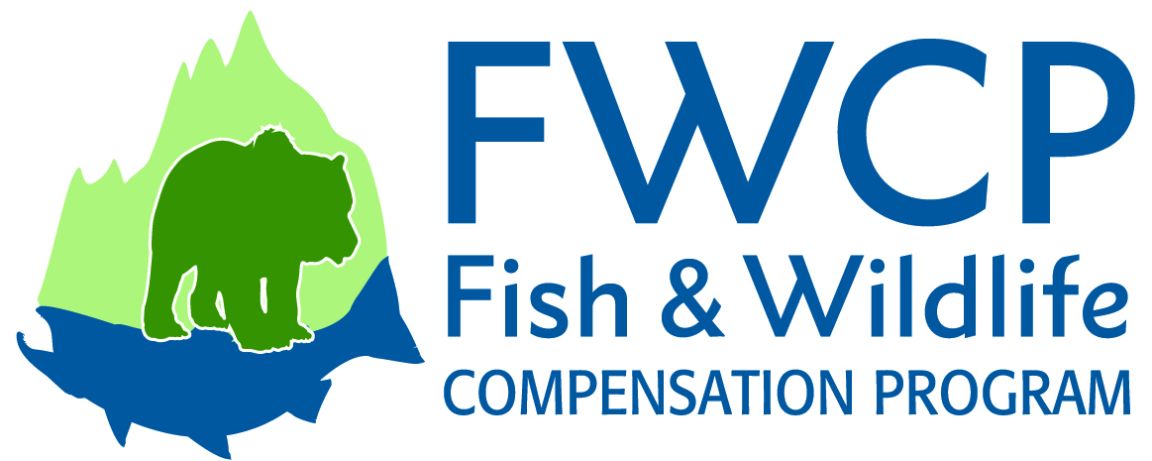PW-FWCP lecture: Using meso-carnivores as a measure of change in forest ecosystems: A case study from the John Prince Research Forest (JPRF). Dexter Hodder (JPRF)

To understand the impacts of human activities on forest ecosystems, we need to identify species that are likely to respond to potential changes (indicator species). When designing long-term monitoring programs, we must ensure that these indicator species can be measured with adequate precision given the sampling intensity (spatial and temporal) necessary for the study design. For the monitoring program to be successful, these species must have a high probability of detection using common and cost effective techniques and reflect a range of ecological processes. In addition, the design must have adequate control or reference areas available to provide benchmark metrics and be representative of a wide geographic area. Meso-carnivores, as a group, have exhibited severe declines as human disturbances have increased in North America. While these animals can be widespread, common, and utilize relatively small spatial scales, they respond to ecosystem changes at both stand and landscape levels. In the JPRF, we have been focusing on four meso-carnivore species as part of our monitoring program; Northern River Otter, American Mink, American Marten, and Canada Lynx. Preliminary results suggest that these animals have different niche habitat associations and their distributions may be affected by their interactions with each other.

This project is funded by the Fish and Wildlife Compensation Program on behalf of its program partners BC Hydro, the Province of BC, First Nations and the public, who work together to conserve and enhance fish and wildlife impacted by existing BC Hydro dams.
Contact Information
Al Wiensczyk
Research Manager
Natural Resources and Environmental Studies Institute
Phone: (250) 614-4354
Email: al.wiensczyk@unbc.ca